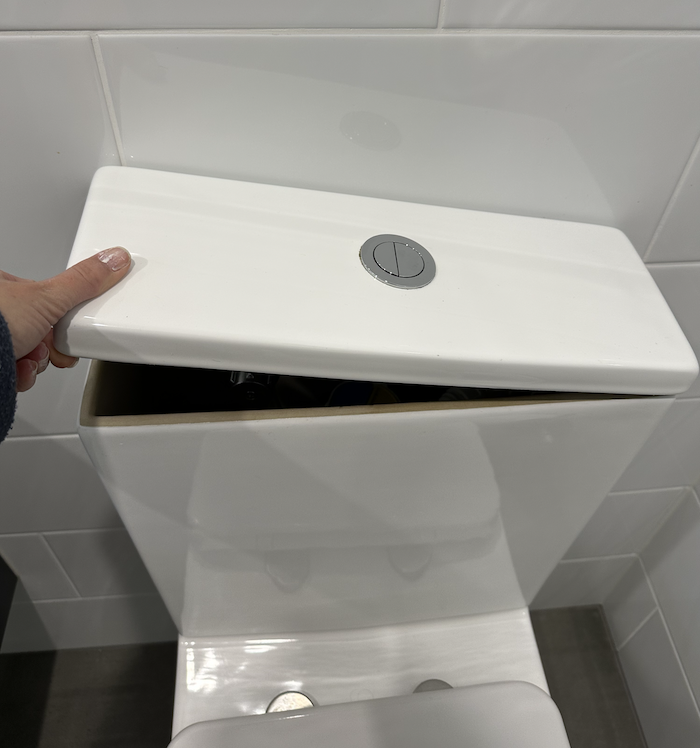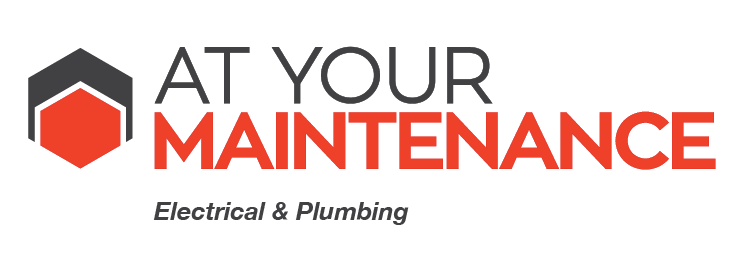
The arrival of September in Melbourne marks the beginning of spring, which also means it’s time to spruce up your home with a good “spring cleaning.”
At Your Maintenance wants you to have a hassle-free season by providing these valuable maintenance tips that can prevent any plumbing problems from sneaking up on you.
It’s important to protect your home, and we’re here to help make sure everything runs smoothly.
KITCHEN AND BATHROOM PLUMBING TIPS
TAPS
Check taps for drips or leaks. Even a small drip can waste a considerable amount of water over time and if left unaddressed, it can lead to costly water bills.
STRAINERS
To prevent drain lines from getting clogged, it’s crucial to have strainers in all drains. Strainers help keep hair, soap residue, and other debris from entering the drain pipes and causing backups.
TOILET LEAKS
Performing regular checks for hidden toilet leaks is essential to prevent water damage, higher bills, and potential health hazards. An easy way to determine if your toilet has a leak is by adding six drops of food coloring into the tank. Wait 30 minutes and check the bowl; if there’s colour present, it means you have a leak that needs immediate attention. Don’t ignore this issue as it could cause bigger problems down the line – fix any leaking toilets.
TOILET TANKS + BOWLS
Inspect toilet tanks and bowls for cracks, leaks and blockages.
TURN THE VALVES
Prevent your sink and toilet valves from sticking by exercising them regularly. Make it a habit to turn the valve off and on every few months to ensure proper function and prevent any potential water damage.
FUNCTIONING TOILETS
To ensure the proper functioning of your toilets, it’s important to pay attention to how they flush. If you find yourself having to hold down the handle for a thorough flush or jiggle it to stop the water from running, this might indicate that some of your tank parts are worn and need replacing. Fortunately, these parts are usually inexpensive and easy to replace. Not only will fixing them make flushing easier and more efficient, but you’ll also notice a decrease in your water bill as well!
SHOWER HEADS
Mineral buildup on your showerhead is a common problem that can lead to reduced water flow and uneven spray. To remove these deposits, you don’t need any special tools or harsh chemicals. Simply unscrew the showerhead and soak it in white vinegar for several hours, or overnight if possible.
If removing the showerhead isn’t an option, you can also fill a plastic baggie with vinegar and secure it around the showerhead with a rubber band. Leave it on overnight, then gently scrub away any remaining mineral buildup with an old toothbrush. This simple trick will help improve water pressure and restore your shower’s performance without breaking the bank or damaging your plumbing fixtures.
GENERAL PLUMBING TIPS
FILL THE TRAPS
To prevent unpleasant smells from entering your home, it’s essential to pour a litre of water into any drains that are infrequently used, such as floor drains. This will fill the trap and ensure that there’s no room for odors to sneak in unnoticed.
However, if you notice that some drains are slow or seem clogged, it may be time to take more drastic measures. In these cases, it might be necessary to snake the drain manually or with the help of a professional plumber. By doing so, you can make sure that any excess water is carried away quickly in case of a flood and avoid potential damage or inconvenience down the line.
CHECK THE PIPES
It’s important to regularly check the pipes under your sinks and in your basement for any signs of leaks. By being proactive with inspections, you can prevent potential water damage and save yourself from the hassle and expense of repairing or replacing damaged pipes.
Make sure to look out for any drips, moisture buildup, or rusting on the pipes – these could be indicators of a leak that needs attention.
Don’t delay in fixing any issues you find, as even small leaks can quickly escalate into bigger problems if left unaddressed.
GUTTERS
Living in an area where gutters occasionally backup into homes can be a frustrating and concerning experience. One way to safeguard your home is by installing a backflow valve in the floor drain, and cleaning out your gutters.
This simple yet effective device will prevent future backups, saving you time, money, and stress. By taking this proactive step, you can have peace of mind that your home is protected from any potential damage caused by sewer backups.
WATER METER
To detect slow leaks in your home, you can perform a simple test by taking a reading of your water meter before going to bed at night. The following morning, before using any water, take another reading and compare it to the previous night’s reading.
If there is evidence of changes between the two readings, this may indicate that there is a leak somewhere that needs repair. By regularly checking for slow leaks like this, homeowners can save on utility costs and prevent potential damage from water-related incidents in their homes.
FLOOD ALARMS
Protect your home from potential water damage by installing flood alarms. These battery-operated devices are similar to smoke alarms and sound an alarm when they come in contact with water, giving you an early warning of any potential flooding or leaks.
Don’t let a small leak turn into a major flood – take preventative measures and install flood alarms in your home today.
OUTSIDE PLUMBING TIPS
DRAINAGE
To ensure proper drainage and prevent water damage, it’s important to regularly clean out yard drains, gutters, and downspouts. Clearing away debris and keeping them open will allow for efficient water flow during rainstorms or heavy precipitation.
Don’t neglect this important maintenance task – a clogged gutter system can lead to costly repairs in the long run!
BIRDS NESTS
When it comes to maintaining your home, it’s important to check for any potential issues that could cause problems down the line.
One of these issues can be bird nests in plumbing vent pipes. These nests can cause blockages and prevent proper ventilation, which can lead to a buildup of harmful gases like carbon monoxide.
Checking for nests is a simple task that can be done by visually inspecting the pipe from the ground or using a ladder to get a closer look.
It’s important to take precautions when doing this, such as wearing protective gear and using a flashlight to ensure you’re able to see properly. By taking a few minutes to check for bird nests, you can prevent potential plumbing issues and ensure the safety of your home and family.
HOSES
To ensure proper water flow, it’s important to regularly check your taps and hose bibs. A leaking outdoor tap or water leakage inside your home when you first turn on the hose could be indicative of a frozen pipe that has cracked and needs to be replaced.
Taking proactive measures like this can save you from major headaches down the road.




